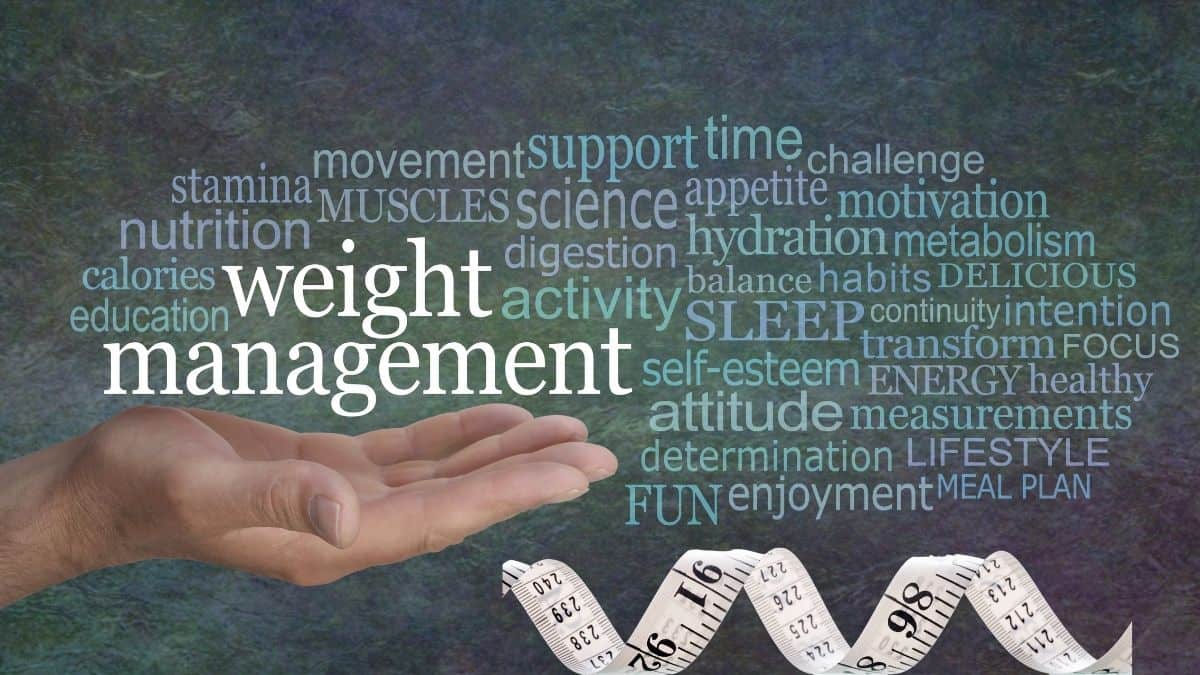Energize Your Weight-Management Regimen in Five Minutes

Snaps for you! You’ve committed to maintaining a healthy weight, filled your cupboards with nutritious foods and meal-replacement shakes, woken up at 6:00 a.m. and donned your workout gear and you’re reaping the rewards! You’re motivated, resilient…and exhausted.
It’s a common complaint when people step up their physical activity. Those of us feeling weary may even feel a sense of resentment or frustration. After all, aren’t we supposed to have more energy when we become healthy?
Increased energy is one of the many benefits people report once they reach their goal weight—but it’s not always the case when it comes to your journey to achieve noteworthy weight management. In fact, energy loss is one of the most common side effects of the process. When you exercise more, you burn through your energy faster. Coupled with consuming fewer calories, you aren’t replenishing those lost stores as quickly as you work through them.
Knowing this, it’s hardly surprising when you wake up some mornings feeling too tired to raise your arm to turn off the alarm clock.
A Quick Refresher on Where Energy Comes From
Burning more calories than you eat leads to weight loss, true but it also means energy loss. If it’s been some time since your last science lesson, here’s a quick recap on why this happens.
A calorie is a unit of energy. When you eat, your body converts calories from your food into glucose which gets broken down to create energy your cells can use. When you consume fewer calories, your body turns to another energy source fat.
And this is exactly what we want! When your body burns fat for energy, you gain or maintain a healthy weight and become trimmer. However, if your body uses energy sources faster than your cells can supply them, your muscles have no fuel, and you’re left feeling physically—and mentally—drained.
5 Ways You Can Maintain Energy While Losing Weight
The good news is you can continue your weight-loss program and have bucket-loads of energy left for that party tonight or racing your kids around the park. You just have to be smart about it.
Stay Hydrated
Water helps you maintain a healthy metabolism, which is the process of converting food into energy. When you’re dehydrated, your metabolism slows down, making it less efficient. Not only does this leave you feeling sluggish, but it can also sabotage your weight-loss achievements because calories that aren’t converted into energy become fat instead.
Drinking plenty of water has other benefits too! Our bodies can’t easily distinguish between thirst signals and hunger signals and it’s inclined to lean toward the latter. Our bodies will tell us we’re hungry when all we really need is a glass of water. Help a body out and remove any confusion by staying well hydrated.
More Meals, Smaller Portions
Fool your body into feeling more satisfied with fewer calories by spreading them out evenly throughout the day. Rather than sticking to the “breakfast, lunch, and dinner” dance, we’re all accustomed to, borrow some calories from your main meals and include a couple of 100-calorie snacks to get you between meals. Or, on rest days, when you don’t have to fuel a workout, divide your daily calorie allowance equally and enjoy six same-sized meals throughout the day. There are endless ways to do this—find what works best for you.
Practice Mindful Munching
Instead of inhaling your food, benefit from practicing mindful eating. Focus on remaining present while you eat—concentrate on each mouthful, enjoy the flavors and textures, and carefully chew each bite. When you slow down and truly experience your meals, you’ll find you’re not only likely to eat less, but you’ll also remain fuller for longer because your mind fully engages with the process.
Sleep Well
Sleep is an excellent way to support energy levels. For one thing—you’re asleep! Deep, peaceful rest allows your body to recuperate and recharge while burning minimal calories. And going to bed early also helps you avoid the dreaded midnight munchies (or, in my case, the 10:00 p.m. pickings). The more tired you are, the less control you have over your willpower—and if dinner was four hours ago, that chocolate chip cookie suddenly seems a little less naughty.
Nutrition First
One hundred calories is 100 calories, right? Wrong. Imagine three plates of food: 100 calories of spinach, 100 calories of popcorn, and 100 calories of almonds. The plate of iron-rich spinach would be significantly larger than the others an entire 16-ounce pack, in fact. You’d feel fuller for longer, and you’d also give your body a serious boost of iron, which can help you feel more energized if you’re anemic. Meanwhile, 100 calories of popcorn equate to a one-serving packet. While popcorn may serve as a healthy alternative to chips (and does an excellent job satisfying junk food cravings), its calories hold no nutritional value. On the other hand, the almond pile would amount to only 14 almonds. Yet, this mighty nut is loaded with nutrients, antioxidants, and protein, which helps sustain energy levels even in this small quantity.
In short: listen to your body and understand what it needs so you can choose your calories wisely.
There’s a fine line between cutting calories to lose weight and consuming enough calories to fuel your weight loss. Practice some of these tips, and you’ll have enough energy to power your way to your healthy weight goals.




